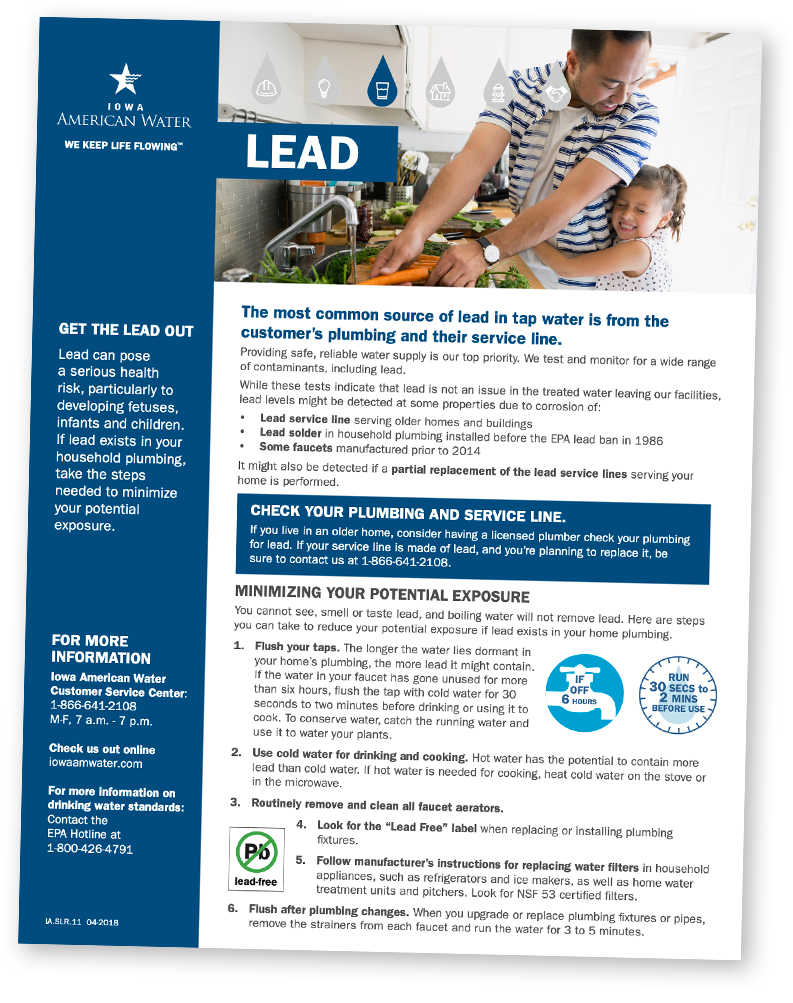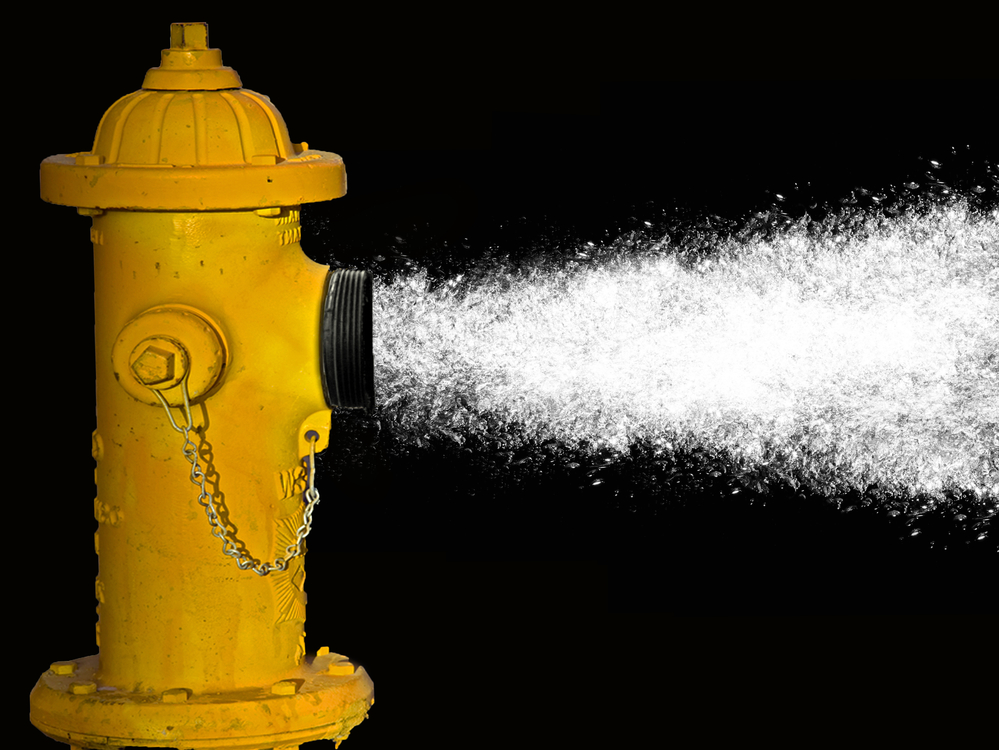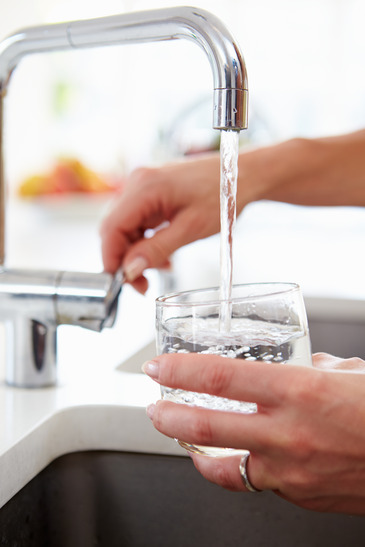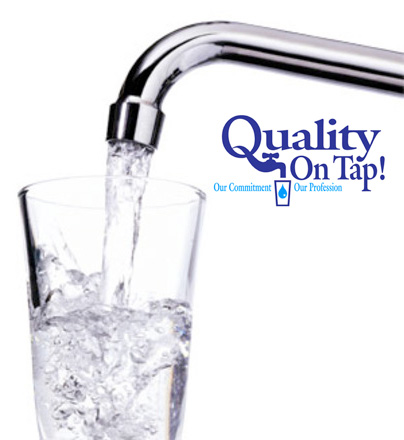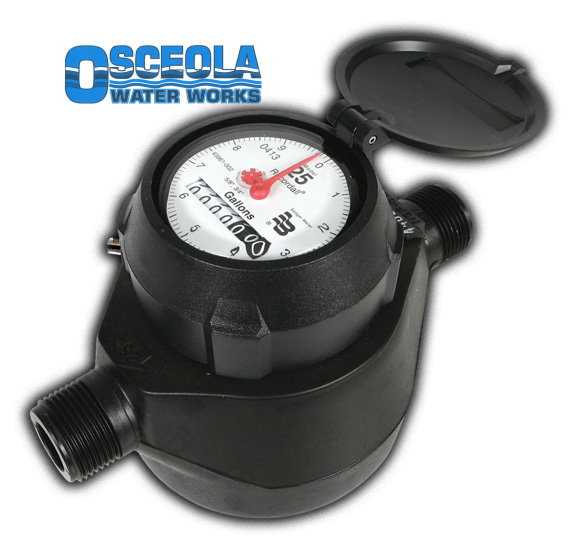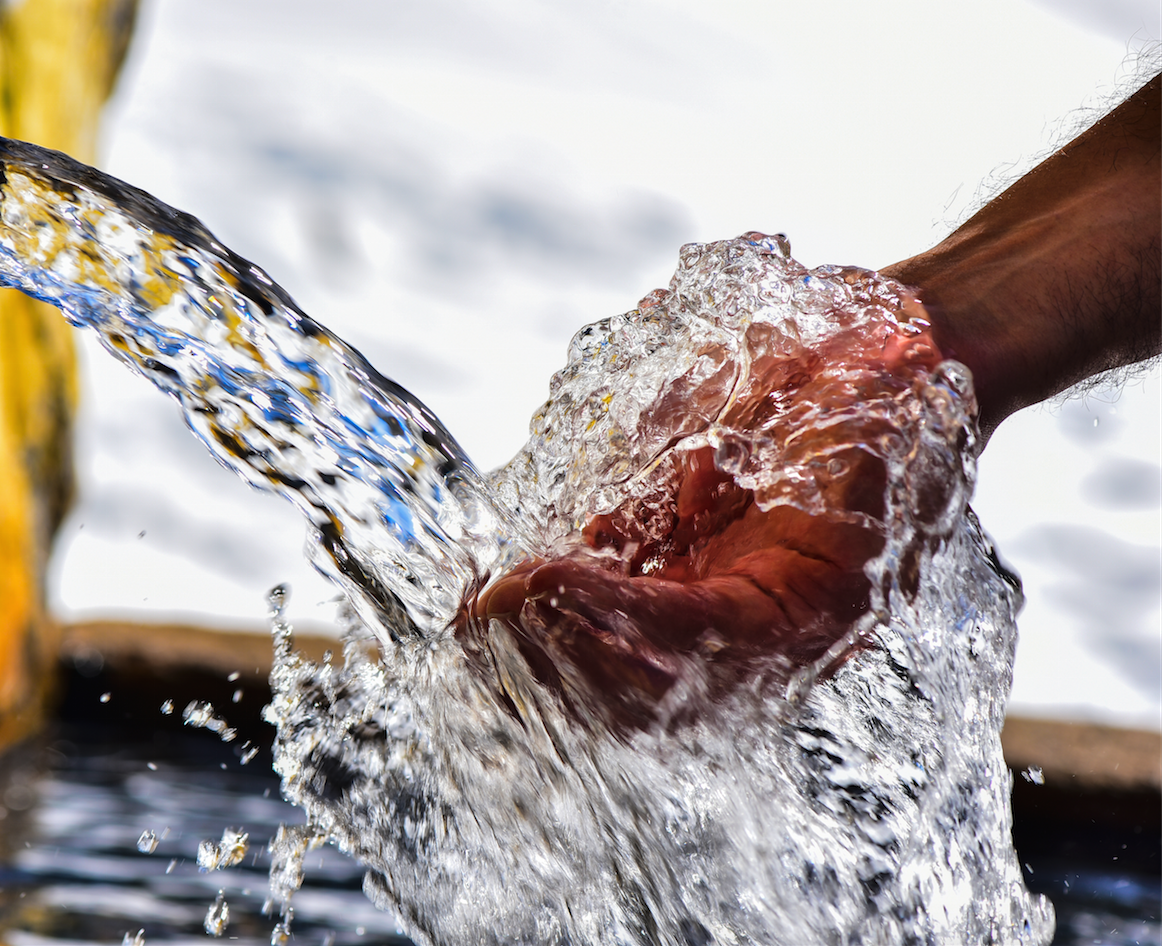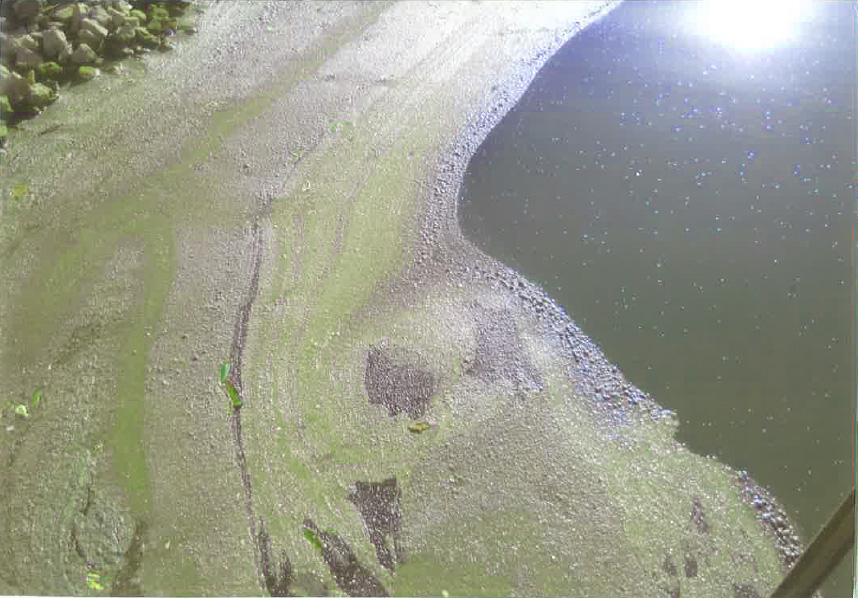For decades, the water lines and infrastructure to residential and commercial properties were made of lead and galvanized metals. With a recent announcement from the Environmental Protection Agency (EPA), requiring detailed documentation and subsequent reduction of lead and galvanized lines across the nation, the Osceola Water Works Board decided to proactively contract with V&K Engineering to begin the process of gathering data and creating a plan for the replacement of lead and galvanized lines throughout the Osceola water supply. While new construction has required the use of copper and plastic lines, the recent announcement brings past construction and older infrastructure
More from My Water Works →Starting in October, Osceola Water Works will begin transitioning to winter maintenance and will be making a change in the water treatment process. While residents may notice a difference, there will be no cause for alarm. In early October, the water works department will begin their annual fire hydrant flushing program. This process allows OWW to perform routine maintenance on the hydrants and to clean out sediment that has settled in the water mains. Department employees will open the fire hydrants and allow them to flow freely for a short period of time. Residents may notice a slight discoloration or trace amounts
More from My Water Works →
Turn on the Home and Garden channel or visit newer parks and botanical centers and you are bound to hear about a rain garden. Landscapers, homeowners and conservationists are all catching on to rain gardens and spreading the word about what they do and how to build one. While planning and creating your own rain garden may seem like a daunting task, we’re here to answer some questions! What is a rain garden and why is it important? A rain garden is a landscaped area planted with wild flowers and other native vegetation that soak up rain runoff from roofs, driveways or yards.
More from My Water Works →Over the past twenty years, the consumption of bottled water has become so common, the sales are second only to bottled soda and eclipse both milk and alcohol. But is there really a benefit to drinking bottled water over tap water? Let’s compare the facts and find the real story. The safety of municipal water in the 1800s was suspect and not regulated, and bottled water was definitely a safer gamble. The start of water chlorination in the early 20th century and the Safe Drinking Water Act of 1974 changed that, and the popularity dropped off. With the invention of
More from My Water Works →Washing your car in your driveway on a warm spring or summer day is a rite of passage and a task many drivers look forward to all year. But most people aren’t aware of the damage they’re doing by washing their vehicles in their own paved driveways. Did you know that washing the grime off your car can actually damage Iowa water quality and aquatic life? You’re not only cleaning off dirt, bugs and dust. The water that runs down your driveway and into the storm drains also contains heavy metal from rust, brake linings, motor oil, gasoline, residue from
More from My Water Works →Recent news stories about the dangerous water in Flint, Michigan may have raised some questions for customers of Osceola Water Works. How does lead get into drinking water? What are the health effects of lead in drinking water? How safe is MY drinking water? We would like to provide some answers and ease any concerns. What happened in Flint, Michigan? The city of Flint used to get its water from Detroit, which draws its water directly from the Great Lakes. In an effort to save money, Flint opted to draw their water from the Flint River. While lead isn’t necessarily
More from My Water Works →Each month, your water meter is read to determine your water consumption for billing purposes. Most water meters are located in the basement or crawl space of a single-family home. Other water meters may be located inside a plastic cylinder known as a meter pit (below ground). The meter pit can be found near the street by the sidewalk. All water meters in Osceola are conveniently read by remote equipment so you do not have to be available to let an Osceola Water Works Operator into your home. If your meter is located in your home and easily accessible, you may compare the readings located
More from My Water Works →In the continuing effort to provide Osceola residents with clean, great-tasting water as well as keeping costs low, Osceola Water Works has stepped up their filtering schedule, with the a round of change-outs that took place from March 8th through the 11th. One of the main issues the Water Works Department has been faced with in recent years is the taste and odor of the drinking water in Osceola. Part of the arsenal being used to fight this problem is the carbon filtering system already in place. There are 8 filters that use granular activated carbon (GAC). Because their surfaces become
More from My Water Works →
2015 has been a year of great change and transition for your Osceola Water Works. Much of it was spent making improvements to the business infrastructure as well as acquiring new equipment to benefit the entire Osceola community. Not all changes have been visible to the public, but all have saved money and substantially increased productivity. One major step taken by OWW is the acquisition of new equipment and the completion of staff training. With the purchase of a backhoe, skid loader, concrete saw, dump trailer, and dump truck, the Water Works team was able to do repairs and installations
More from My Water Works →The Osceola Water Works team is continually working to ensure your water is clean, clear, and fresh. West Lake has been a great resource for the city’s water, but being a surface water resource, it poses unique treatment challenges. Surface water, such as Osceola’s West Lake, contains natural bacteria and other microorganisms like algae. The levels of these contaminants can be affected by several factors including rainfall runoff, soil conditions, land cover, agriculture, and the local topography. This creates the need for a greater focus on the surface water sanitation process. Certain times of the year create a greater need
More from My Water Works →